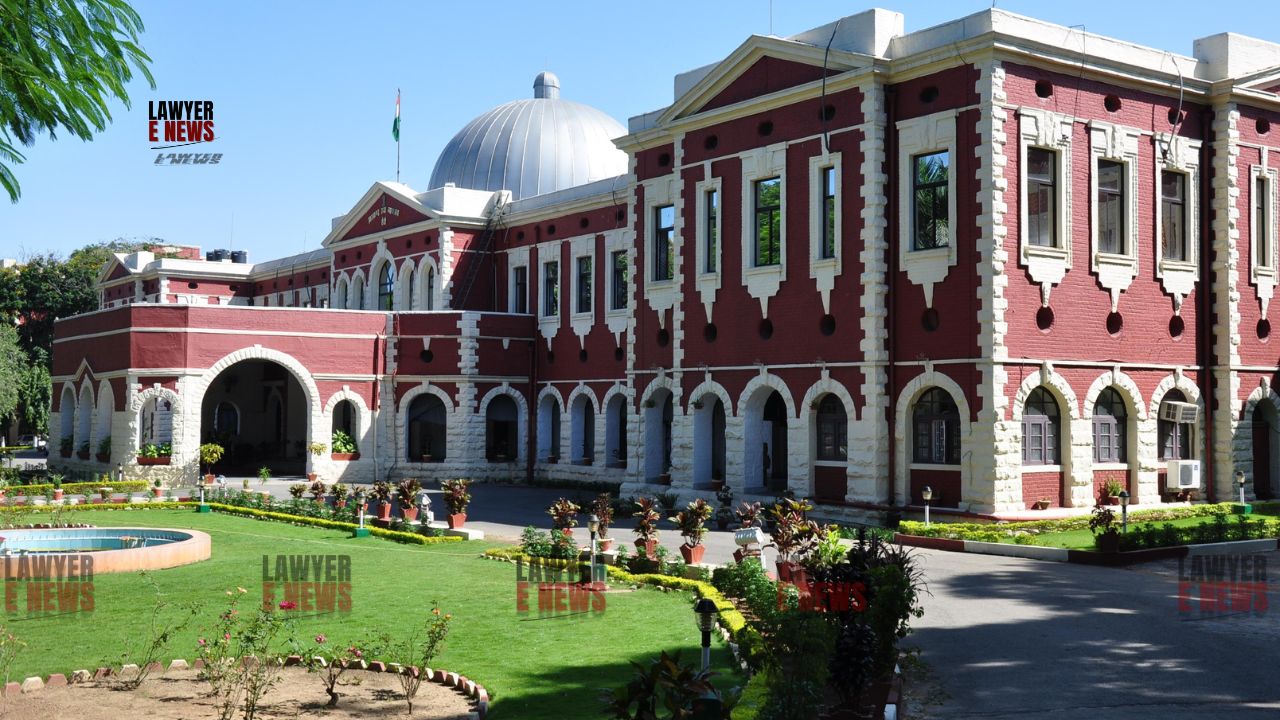-
by sayum
11 February 2026 1:43 PM



The Jharkhand High Court has overturned the judgments of the lower courts in a case involving a disputed sale deed from 1989. The case, brought by Arjun Turi and Kanti Devi, was initially decided in their favor on grounds of fraud and violations of the Chhotanagpur Tenancy (CNT) Act. The High Court, however, found that the necessary pleadings and evidence were absent, thus reversing the decisions.
The case concerns a 19 ½ decimal parcel of land recorded in the name of Arjun Turi’s father. Arjun Turi and his wife, Kanti Devi, claimed they discovered in 2002 that a sale deed dated June 30, 1989, purportedly transferring the land to Ram Krishna Murari was fraudulent. They argued that the sale was neither executed by Arjun Turi nor did they receive any consideration for the land, leading to their filing of the suit in December 2003.
The trial court found that the sale deed was in violation of Section 46(1)(b) of the CNT Act, which restricts the transfer of land belonging to Scheduled Castes without permission from the Deputy Commissioner. The courts held this violation despite no pleadings or evidence provided to establish the plaintiff’s caste status.
The plaintiffs contended they became aware of the fraudulent sale in 2002 and subsequently found that the land had been mutated in the defendant’s name in 2002. The defense argued that the suit was barred by the statute of limitations and adverse possession, emphasizing the valid execution and mutation of the sale deed.
The trial court relied on the testimony of D.W.2, who stated that Arjun Turi’s thumb impression was taken under the pretense of being a witness, not as a vendor. Additionally, the courts noted the significant delay in the land’s mutation, which occurred 14 years post-sale deed execution.
The High Court focused on whether the lower courts could rule the sale deed invalid under Section 46(1)(b) of the CNT Act without pleadings and evidence proving the plaintiff’s Scheduled Caste status. The Court emphasized that any factual premise necessary to trigger statutory bars must be properly pleaded and evidenced.
The High Court noted the plaintiffs had entered a partnership agreement in 2006 with the defendant, which acknowledged the sale. This contradicted their fraud claims, undermining their position.
Justice Gautam Kumar Choudhary remarked, “In the present case, there is no pleading to that effect to give an opportunity to the respondent to rebut the same. No issue was framed and consequently, no evidence was led on the point. Despite the absence of the pleading, issues, and evidence on the point, the courts below have returned a finding that the execution of sale deed was barred under the provision of C.N.T. Act. Such an approach is impermissible in view of the settled principles of pleadings and evidence.”
The High Court’s decision underscores the necessity for proper pleadings and evidence in legal disputes involving statutory violations. By overturning the lower courts’ judgments, the ruling reiterates the importance of adhering to procedural requirements in legal proceedings. This case highlights the judiciary’s commitment to upholding legal principles and the need for clear and consistent evidence in claims of fraud and statutory violations.
Date of Decision: July 5, 2024
Ram Krishna Murari vs. Arjun Turi
